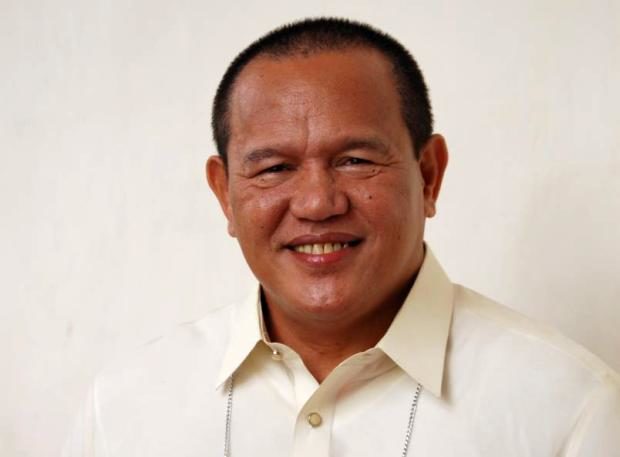Ombudsman orders dismissal of CDO mayor due to graft charges

Cagayan de Oro Mayor Oscar Moreno (Photo from his Facebooko page)
Cagayan De Oro Mayor Oscar Moreno was ordered dismissed by the Office of the Ombudsman as he was indicted for graft charges for the anomalous lease of heavy equipment without public bidding when he was Misamis Oriental governor.
In a statement on Thursday, the Office of the Ombudsman said it had ordered the filing of six counts of violations of Section 3(e) of the Anti-Graft and Corrupt Practices Act against Moreno and members of the Bids and Awards Committee (BAC) – Patrick Gabutina, Elsie Lopoy, Rolando Pacuribot, Divina Bade, Cancio Guibone, Leemar Tinagan, and Elmer Wabe.
They were dismissed from service after the Office of the Ombudsman found Moreno and the others administratively guilty for grave misconduct, serious dishonesty and conduct prejudicial to the best interest of the service.
They were also meted with the accessory penalties of perpetual disqualification from holding public office, cancelation of eligibility, forfeiture of retirement benefits, and prohibition from taking the civil service examination.
Case records showed that Moreno and the BAC approved the disbursement of P1,414,179.40 for the lease of fuel tankers, trailer trucks, and vibratory road roller from 2007 to 2011 to 2012.
Article continues after this advertisementNo public bidding was conducted for any of the lease contracts, with the respondents resorting to the alternative method of shopping despite the absence of a BAC resolution or minutes of a BAC meeting to justify the alternative method of procurement.
Article continues after this advertisementIn their defense, the respondents said their appeals on the Commission on Audit’s (COA) notices of disallowance remained pending.
But the Office of the Ombudsman said: “The appeals do not foreclose the Office’s authority to investigate and determine whether there is a crime to be prosecuted for which they are answerable.”
Ombudsman Conchita Carpio Morales said the preliminary investigation by her office was separate from the one conducted by the COA.
“The preliminary investigation is independent from the investigation conducted by the COA, their purposes distinct from each other,” Morales said. “The first involves the determination of the fact of the commission of the crime; the second relates to the administrative aspect of the expenditure of public funds.”
According to Section 3(e) of the anti-graft law, public officials are prohibited from causing any undue injury to any party, including the government, or giving any private party any unwarranted benefits, advantage or preference in the discharge of his official administrative or judicial functions through manifest partiality, evident bad faith or gross inexcusable negligence. /atm